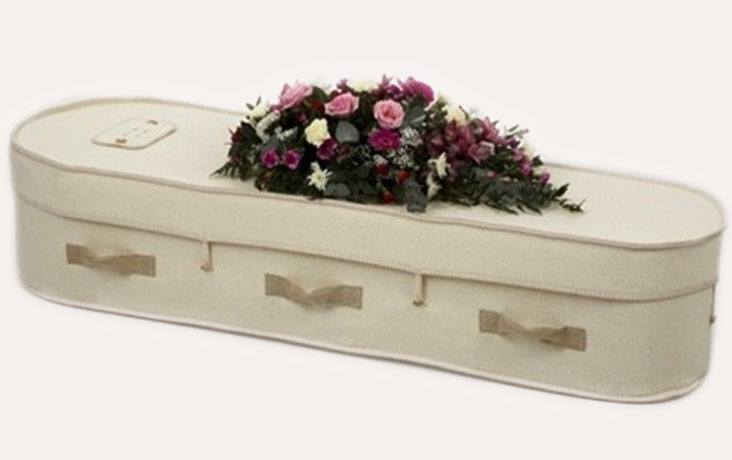Arranging a Funeral
Frequently Asked
Questions

What do we do when a loved one dies?
Ring the family Doctor. They will attend the death and issue a medical certificate. If they cannot issue this certificate as they have not attended the deceased for some time, they will advise you if it is necessary to call the police. If there is no family doctor, then you must call the police first. It is then advisable to call your us and we will liaise with the authorities on your behalf. If you ring our funeral directors first, he/she will advise you exactly what to do next.
What happens when the deceased must go to the Coroner?
This occurs when there has been a sudden, unexpected or accidental death or there has been no recent contact with a doctor. The Coroner’s role is to determine the cause of death by way of an autopsy. This may lead to an inquest at the Coroner’s discretion. The coronial services strive to recognise the cultural diversity in New Zealand and try to work with families to ensure their moral, cultural and spiritual beliefs are taken into consideration.
Who chooses between burial and cremation?
If the deceased has not made their wishes clear, it becomes the decision of the family or the Executor appointed by the deceased in their will. As burial fees can be high and vary considerably depending on the cemetery, this will often influence the decision with many families choosing the less expensive option of cremation. It is, however, a very personal choice.
Is embalming necessary?
We as funeral directors are best qualified to make this decision depending, of course, on the your requirements. Embalming ensures the hygienic preservation and presentation of your loved one for the duration of the funeral service, which is especially important where your loved is being returned home, or where infectious conditions need to be neutralised, and also when transport over any distance is required.
Do I have to have a religious ceremony?
No, this is purely a matter of personal preference. You can have a civil ceremony with a celebrant of your own choice or a family member officiating or no service at all. There is no legal requirement regarding the holding of the funeral service itself.
May the family choose the casket?
Yes, we have casket showrooms for personal selection or you can select in your own home via visual displays with our funeral directors. There is an extensive range of caskets in both style and price.
Is the casket always cremated with the deceased?
Yes, it is always completely cremated with the deceased.
Will we be given estimates of the funeral costs?
Yes, you can request a costing estimate at any time during the funeral arrangements and it is recommended that you always have an estimate when making decisions at this emotional time.
What happens to the cremated remains?
Our funeral directors will collect the ashes for you if they have been cremated at an outside crematorium. All ashes from our own crematorium will automatically be held for you at the funeral home for three months, if required. There are then a number of choices available such as scattering in a garden or crematorium, or interring in an ashes memorial or a public garden – our funeral directors will be able to best advise you.
When is the death certificate available?
The details of death must, by law, be registered with the Registrar General in Lower Hutt within three days of the burial or cremation. The certificate is then forwarded to the Funeral Directors once completed, usually 7-10 days, where we then forward it on to the family.
Where can I have the Funeral Service?
There are a number of options in Auckland if you do not have your own church. The service can be held in one of our chapels’, in your own home or garden, or in the chapels of the various cemeteries and crematoriums throughout Auckland. Our funeral directors can liaise with the crematoriums and book these facilities for you.
- What do we do when a loved one dies
- What happens when the decease must go to the Coroner
- Who chooses between burial and cremation
- Is embalming necessary
- Do I have to have a religious ceremony
- May the Family choose the casket
- Is the casket always cremate
- Will we be given estimates of the Funeral Costs
- What happens to the cremated remains
- When is the Death Certificate available
- Where can I have the Funeral Service
Contact Us
Even if you don’t know what to do, call or email us and Morrisons will guide you through the process and liaise with the relevant parties on your behalf.